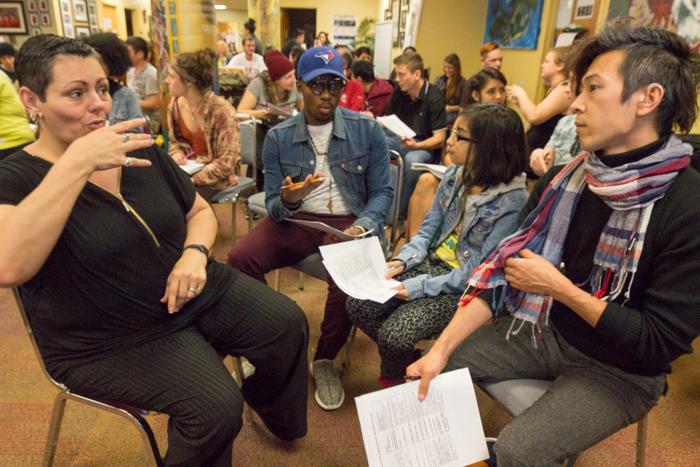The Cross-Cultural Leadership Center started a “Diversity Advocacy Certification” program in an effort to help participants become aware of social injustice issues and teach them to become effective activists.
The program consists of seven workshops scheduled throughout the remainder of the semester, each one focusing on different topics. Participants who want to be certified must attend five of the seven workshops, the last one being mandatory.
Katie Peterson, CCLC program coordinator, facilitated the first workshop, “Deconstructing System of Oppression.” It was also an introduction to the program that emphasized why the CCLC deemed it necessary to start.
“Sometimes you have a sense of powerlessness. I work in many spaces as an ally within the space, so a lot of times people want to be advocates for communities they don’t necessarily identify with, but they aren’t always effective in that process,” Peterson said.
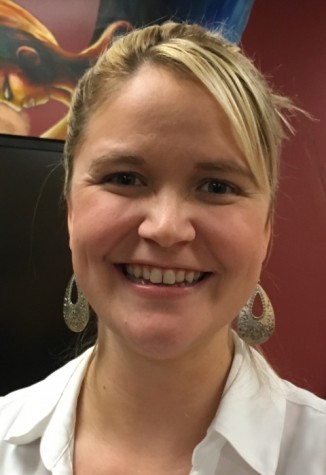
Other people in attendance had their own personal reasons for attending the workshop.
“I’m going to school to a be a high school teacher, and that’s one of the reasons I wanted to do this, because I would love to bring these topics into the classroom or into the school as a whole,” said Cheryl McBryde, an English education student. “I just want to know how to effectively do it, so I’m challenged in that I have my feelings, but I don’t know if I present it right.”
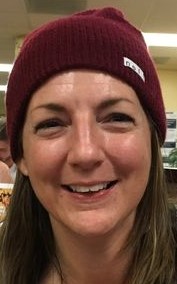
Peterson also elaborated on more specific facets of advocacy and the difference between terms like diversity, social justice and ally.
“We were really intentional about wanting to use the word advocate versus ally because often times ally is associated with the LGBTQ+ community, and we wanted to extend our conversations to talking about what it means to be an advocate or ally within communities of color and other traditionally marginalized populations,” Peterson said.
Peterson also led activities to demonstrate “invisible” and inherent privileges that give some people more opportunities than others.
“In my role, I can say along those educational lines, it’s very easy for me to talk about white privilege with other people because white people aren’t going to say, ‘Well that’s just because she’s black or Latina,'” Peterson said. “Because I identify as a part of the white community, a lot of times, unfortunately, I have more weight to be able to talk about it when I’m willing to acknowledge it. I can also recognize that these systems of oppression exist.”
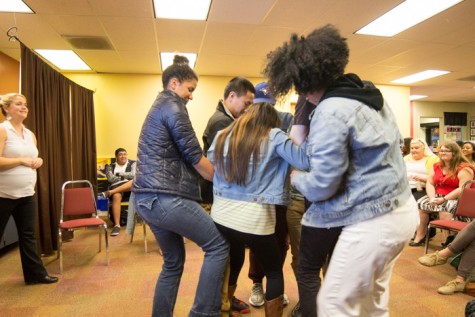
Peterson also emphasized the need to reflect on positions of power and the way people can advocate for marginalized groups without identifying with those groups.
“Not everybody has equal access to opportunities and resources, so even if I think about opportunities when I consider who to hire or how I do outreach when I hire, that’s another way to be an advocate,” Peterson said. “I can recognize a system in place and be very strategic in how I approach that process.”
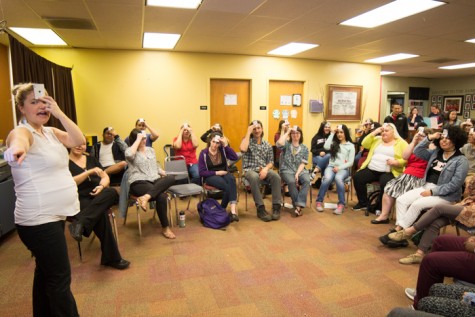
There were also smaller discussions on ways that people can identify signs of oppression within institutions, even when it is unintentional. One participant noted that Greek life at Chico State is predominantly white, and even the Multicultural Greek Council is predominantly Latino/a.
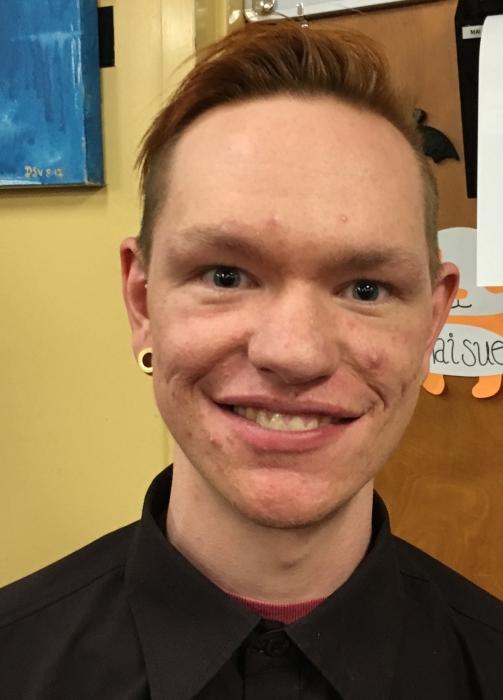
There was also a group assessment of the diversity climate on campus in terms of representation. It was emphasized that Chico State doesn’t have much diversity when it comes to positions of power. They recognized that there are more male faculty than female, and there is hardly any faculty or staff of color.
Another important point was whether it is possible to “use spheres of influence to effect systematic change” and what challenges that may present.
“I think it’s really going to be more macro-systems oriented because it’s a lot about empowering people of diverse backgrounds to have the resources, go to school, feel like they’re empowered to those positions and then do it,” said Austin Johnson, a graduate social work student.
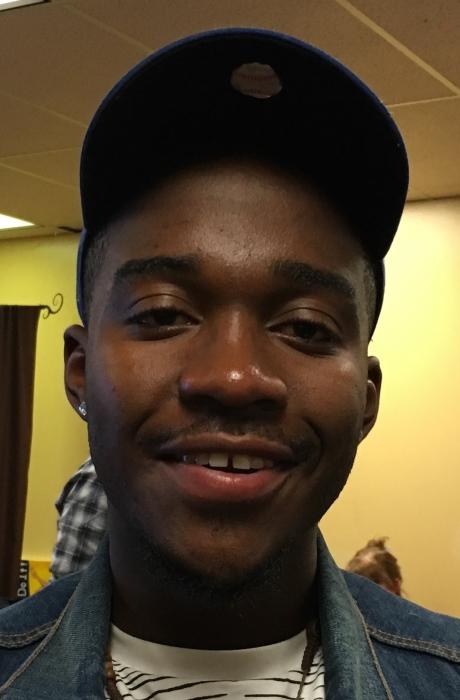
The last main point brought up was the idea of the costs or consequences of using positions of privilege to advocate, which is potentially losing that privilege.
“The main cost for advocating for someone who isn’t in your group is becoming marginalized yourself,” said Harley Mulengwa, a health administration student. “For example, me being a man and my group of male friends are talking about women in a negative way and I stand up for women, all of a sudden my friends will view me differently.”
The takeaway that Peterson emphasized the most, though, was the approach people can take to be an effective advocate.
“Sometimes the greatest way to create change is to build relationships with people who are different from you because then all of a sudden it’s not just an issue, it’s a person,” Peterson said.
Christine Zuniga can be reached at orionnewseditor@gmail.com or @kissssteen on Twitter.





